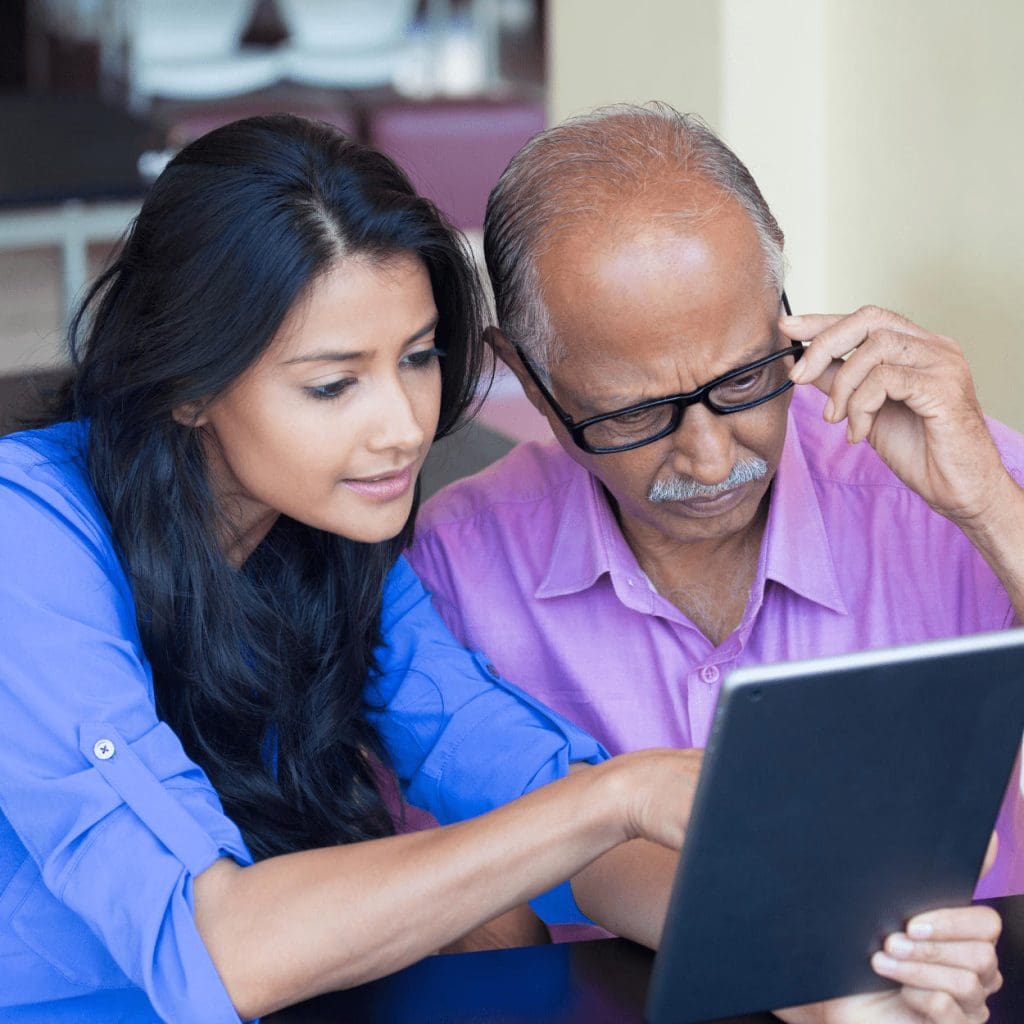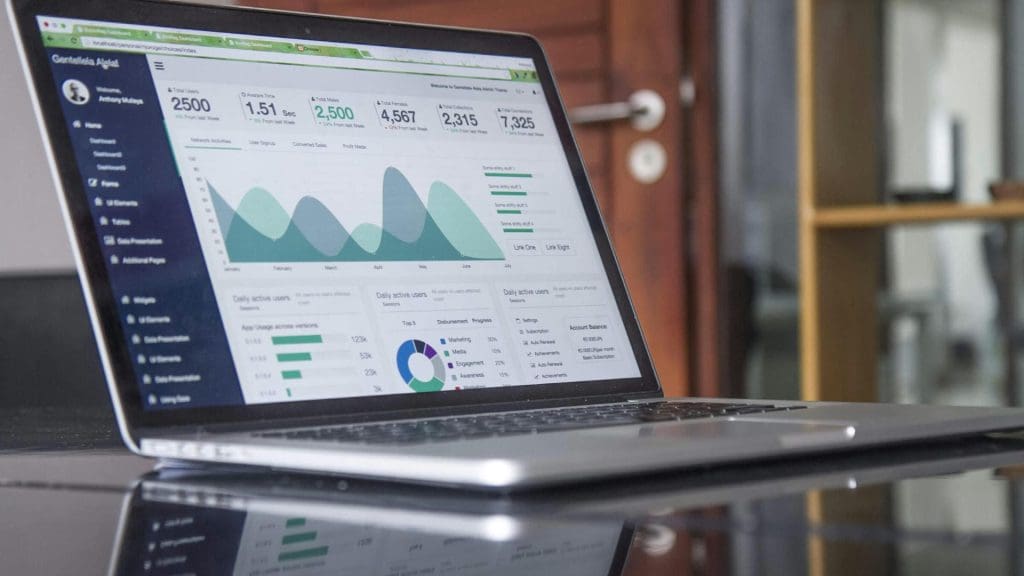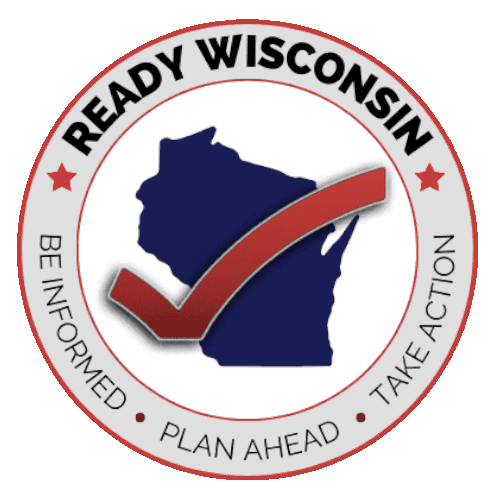If you are an older adult, you may face challenges during an emergency due to mobility issues or if family members or friends are unable to reach you. Older adults may face additional challenges, such as hearing or vision problems or cognitive impairment, which may make it difficult to access, understand, or respond to emergency instructions. Normally available support services may also be limited.
Plan Ahead
- Communication: Ensure you have a plan for staying in touch during an emergency.
- Emergency Supply Kit: Include essentials like medications, chargers, and personal items.
- Assistive Devices: Plan to bring necessary devices during an evacuation.
- Important Documents: Make copies of key insurance and medical records.
- Transportation: Arrange for evacuation transportation if needed.
- Pets & Service Animals: Prepare food, water, and shelter options for pets and service animals.
Here are resources specifically for older adults, including emergency plans and preparedness tips:

Before an Emergency
- Know what disasters might affect your area.
- Keep a NOAA Weather Radio tuned to your local emergency station and monitor local news television and radio for warnings about severe weather in your area.
- If you have a cellphone, enable Wireless Emergency Alerts. These alerts notify you about severe weather and threats to public safety.
- Download the FEMA App and get weather alerts from the National Weather Service for up to five different locations anywhere in the United States
Make A Plan
Determine any special special assistance you may need and include plans for that assistance in your emergency plan. More detailed information can be found on our disabilities and functional needs planning page.
- Create a support network of family, friends and others who can assist you during an emergency. Make an emergency plan and practice it with them.
- Make sure at least one person in your support network has an extra key to your home, knows where you keep your emergency supplies, and knows how to use lifesaving equipment or administer medicine.
- If you undergo routine treatments administered by a clinic or hospital, find out their emergency plans and work with them to identify back-up service providers.
- Don’t forget your pets or service animals. Not all shelters accept pets, so plan for alternatives. Consider asking loved ones or friends outside of your immediate area if they can help with your animals.


Get Benefits Electronically
A disaster can disrupt mail service for days or weeks. If you depend on Social Security or other regular benefits switching to electronic payments is a simple, important way to protect yourself financially before disaster strikes. It also eliminates the risk of stolen checks. The U.S. Department of the Treasury recommends two safer ways to get federal benefits:
- Direct deposit to a checking or savings account. If you get federal benefits you can sign up by calling 800-333-1795 or sign up online.
- The Direct Express® prepaid debit card is designed as a safe and easy alternative to paper.
Once your plan is in place, the next step is to create an Emergency Kit. Visit our Emergency Kit resource page for detailed guidance on the supplies and essentials you should include to be fully prepared.

